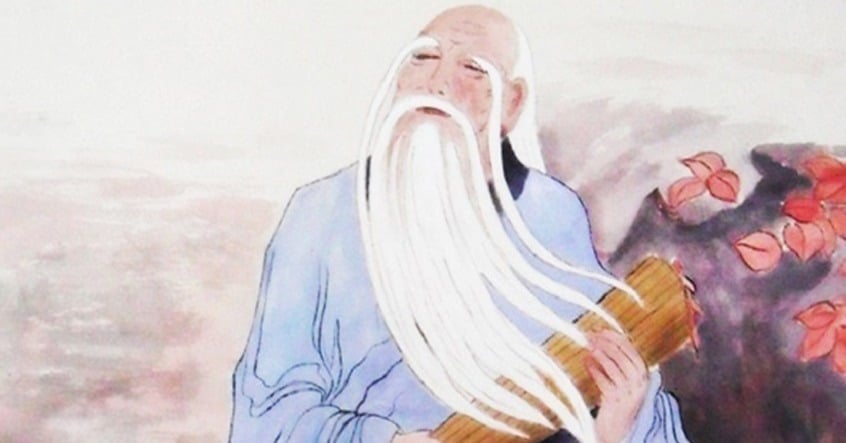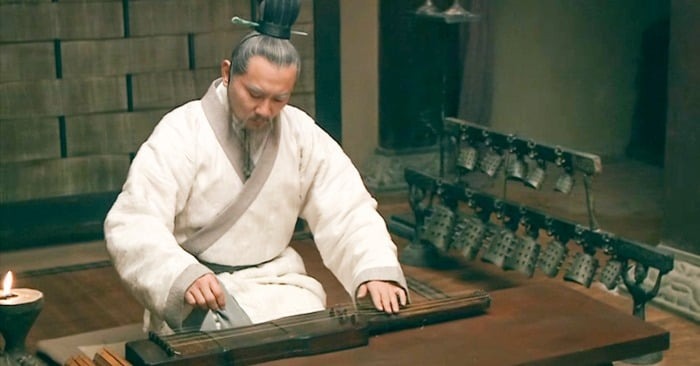1. Clutter: Clearing the Decks for a Calm Mind
The renowned author, Liu Yu Xi, once penned the words, “A mountain need not be high, it gains fame if it has a fairy. A river need not be deep, it becomes spirited if it has a dragon.” This ancient wisdom highlights that true value lies not in quantity or material possessions, but in the spirit and essence within.
In our homes, clutter isn’t just taking up space, it’s suffocating our energy and peace of mind. Hoarding unnecessary items often stems from a fear of the past or worry about the future, unknowingly creating a mental prison for ourselves. From Thoreau’s Walden to Tao Yuanming’s simple life philosophy, minimalism encourages a streamlined existence, letting go of excess to embrace inner tranquility.
As the ancient proverb goes, “Flowing water doesn’t stagnate, and a well-used door doesn’t rot; keep moving.” Continuously shedding the old makes way for a fresh, vibrant life.

2. Food Waste: More Than Just Morals
Zhuzi Jiaxun offers sage advice: “Cherish a bowl of porridge and a grain of rice, for they are the fruits of hard labor.” Wastefulness with food isn’t just immoral, it reflects a decadent lifestyle that can lead to ruin. Ancient Egyptians revered Osiris, the god of agriculture, with harvest festivals, and Socrates cautioned, “True wealth is contentment, and luxury is but a fake poverty.”
From Pablo Neruda’s poetry to Michael Pollan’s The Omnivore’s Dilemma, the message is clear: simplicity and moderation in consumption are virtues. I Ching advises eating in moderation for health, and Seneca reminds us, “It’s not what you eat, but what you digest that makes you strong.”
Hoarding food, disposable items, and wasting food are modern habits that strain the environment. These practices contradict ancient philosophies of conservation and harmony with nature.

3. Negative Emotions: The Key to Emotional Freedom
Daniel Goleman, renowned American psychologist, asserted in his book, Emotional Intelligence, that “The key to success and happiness lies not in IQ, but in emotional management.” Mastering our emotions improves not only our personal lives but also our relationships with the community.
An ancient proverb says, “A smile adds ten years to your life, and sorrow grays your hair.” Positive emotions uplift our spirits and benefit our health. Conversely, prolonged negative emotions can silently erode our willpower, casting a shadow over our lives.
Virginia Woolf, in her novel To the Lighthouse, wrote, “When we rid ourselves of our sorrows, we hear life’s subtle whisper.” This is a reminder to let go of our burdens and embrace the depth and happiness that simplicity brings.
Buddhist teachings offer a way to transform negative emotions through mindfulness and compassion. The Dhammapada advises, “If the mind is calm, all paths are open.” Nurturing inner peace and wisdom is the path to emotional freedom.
Literature also warns of the dangers of negative emotions. Tolstoy’s Anna Karenina vividly portrays the destruction wrought by jealousy and discontent. Left unchecked, these emotions become an underground tide, ready to engulf our lives in tragedy.
4. Debt: Unshackling Yourself
A modern saying goes, “Don’t let your wallet become a garden of regrets.” This echoes Shakespeare’s wisdom: “The borrower is slave to the lender.” Debt isn’t just a financial burden, it’s a mental shackle that robs us of freedom and peace of mind.
In Gulliver’s Travels, Jonathan Swift uses the image of a giant bound by tiny threads to symbolize the captivity of debt—seemingly insignificant, yet over time, it robs us of our autonomy.
A Western proverb cautions, “It’s not money but greed that’s the root of all evil.” Knowing the difference between needs and wants helps us resist the temptation of reckless spending.
Aesop’s fable of the bird that sold its beautiful feathers for money, only to lose its ability to fly, teaches us that indulgence can cost us our very essence.
The ancient saying, “Dripping water penetrates stone,” speaks to the power of persistence. In Balzac’s Eugénie Grandet, the father’s extreme frugality, though controversial, underscores the value of disciplined accumulation for a sustainable life.
Confucius, in The Analects, said, “A gentleman loves money, but in a proper way.” Earning money honorably, spending responsibly, and investing wisely are the keys to safeguarding ourselves, our families, and our future.
Financial stability isn’t just personal success; it’s the foundation for a peaceful home. As the Bible says, “Home is where the heart rests and dreams take flight.”
































